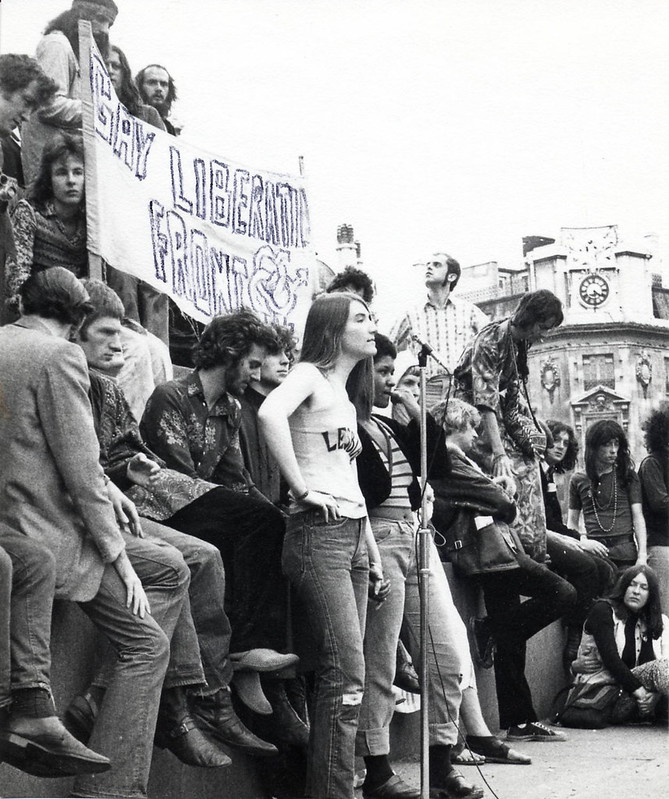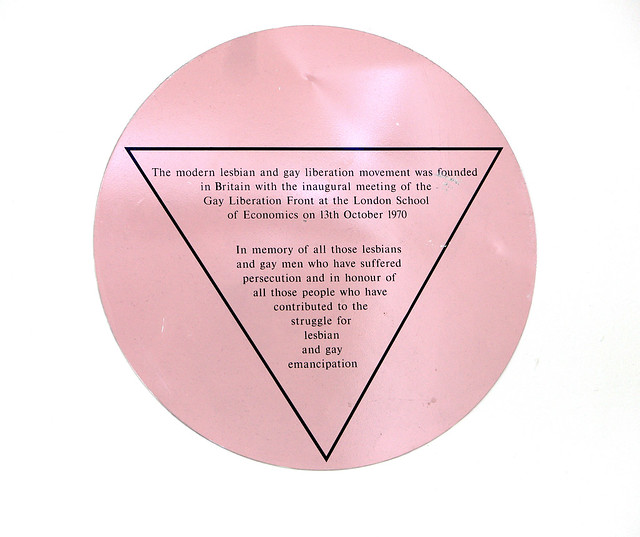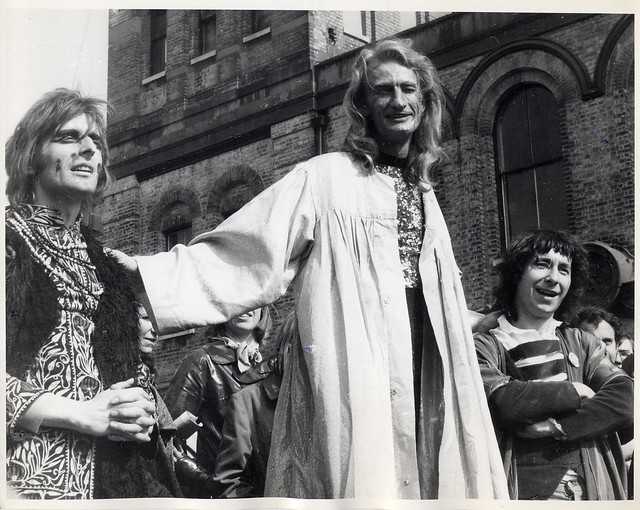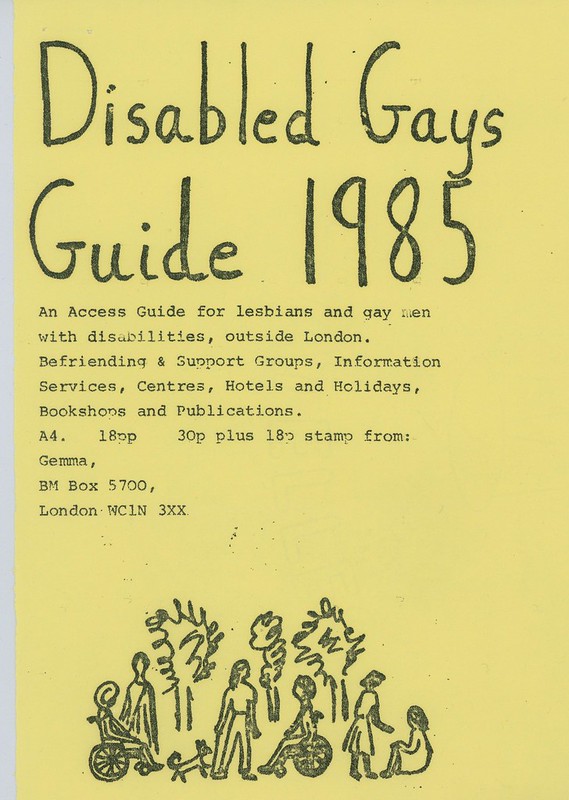Glad to be gay – the Hall-Carpenter Archives at LSE Library

LSE Library has been home to the Hall-Carpenter Archives since 1988. It’s an extensive collection of archives, ephemera and printed material documenting the development of gay activism in the UK since the 1950s. But how did it come to LSE and what does it hold?
The origins
The Hall-Carpenter Archives grew out of the campaigning work of the Campaign for Homosexual Equality (CHE). In 1980 CHE established the Gay Monitoring and Archive Project to monitor cases of discrimination against homosexuals in all parts of life. A media monitoring service was set up including a subscription to the press cuttings service. In addition, CHE members began to send press cuttings and related material on discrimination. The CHE also found itself storing records of gay organisations.
In 1982 the Gay Monitoring and Archive Project separated from CHE and the press cuttings and archives transferred to the flat of one of its founders, Julian Meldrum, and a limited company was set up called the Hall-Carpenter Memorial Archives.
When Greater London Council withdrew its funding in 1986, alternative ways had to be found to secure the archive’s future. It was decided to split the collection into three. The archives, ephemera and printed material went to LSE. The Lesbian and Gay Newsmedia Archive first found a home at Middlesex University and then went to the Bishopsgate Institute. The oral histories went to the British Library Sound Archive.
The name
The collection is named in honour of the novelist Marguerite Radclyffe Hall and the socialist writer Edward Carpenter. Unfortunately, the collection does not hold any papers of these individuals.

Highlights
Decriminalisation of male homosexuality
The papers of the Albany Trust, the Homosexual Law Reform Society, Tony Dyson and Antony Grey record the campaign to decriminalise male homosexuality throughout the 1960s following the Wolfenden Report in 1957. There is correspondence with the Home Secretary, Roy Jenkins, and with Lord Arran and Leo Abse who pushed various versions of the Sexual Offences bills through both Houses of Parliament until the Act was passed in July 1967.
The Gay Liberation Front
The Gay Liberation Front began in October 1970 at LSE. It brought a new energy to gay activism. This revolutionary movement took a direct approach, drawing up demands, holding ‘think-ins’, forming consciousness-raising groups, organising demonstrations and street theatre. It had a short life, torn apart by the diverse interests of those involved. In its wake, numerous gay and lesbian groups emerged (eg Joint Council for Gay Teenagers, Gay Activists Alliance, FRIEND [Fellowship for the Relief of the Isolated and Emotionally in Need and Distress]).

The Lesbian and Gay Christian Movement
The Lesbian and Gay Christian Movement encouraged friendship and support amongst gay Christians and maintained links with the church and the gay community. It also actively lobbied the government regarding equality legislation eg on age of consent, section 28.
AIDS and HIV
There are lots of papers relating to AIDS / HIV including Simon Watney, Peter Tatchell and Lesbian and Gay Christian Movement.
Journals
LGBT journals (newspapers and magazines), 1954-, collected from the UK and the rest of the world, particularly the USA. They include:
- Attitude
- Capital Gay
- Diva
- G Scene
- Gay News
- Gay Times
- Pink Paper
- Scotsgay
How to access
Most of the material highlighted here is part of our special collections, which are open to all but must be consulted in our reading room. Find out how to book your place and order material on our access archives and special collections page.
To search, use the LSE archive catalogue typing HCA* into ‘Refno’ field.
Further resources at LSE
The online LSE student newspaper the Beaver shows early coverage of gay liberation activities. For example, details of their first meeting.
Trace journal articles on this topic using LGBT Life with full text. This has a specialist focus and is a good supplement to broader social science and humanities databases such as SocIndex and ISI web of Science.
View some images from these archives on Flickr.
Read Sue Donnelly’s article ‘Coming out in the archives’, Oxford Journals, 2008-2009, for more information about the Hall-Carpenter Archives.
Gillian Murphy appears at:
OUTing the Past: London Hub II on the 11th February
OUTing the Past: Manchester on the 26th February

